Africa falling behind in race to vaccinate citizens against Covid-19
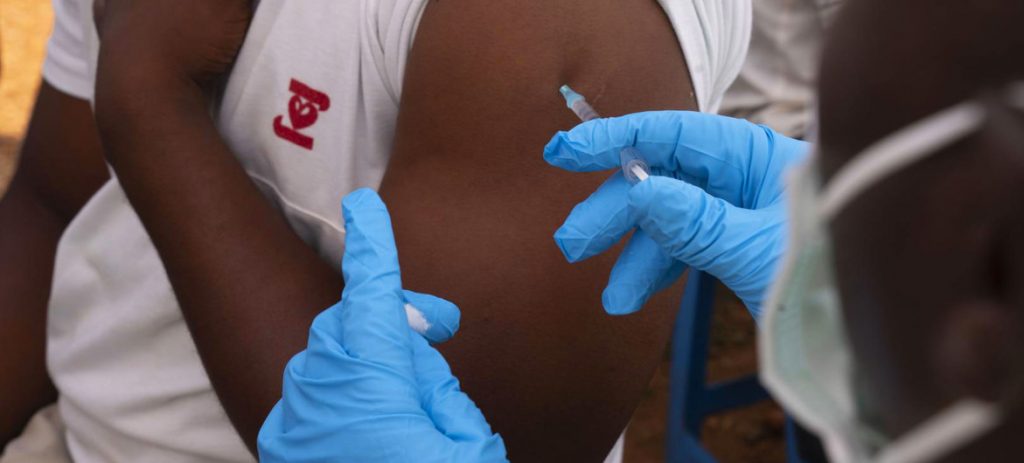 Only a handful of countries in the region are expected to reach a target set by the IMF, the World Health Organization, World Trade Organization to vaccinate 40 percent of the population in all countries by the end of 2021.
Only a handful of countries in the region are expected to reach a target set by the IMF, the World Health Organization, World Trade Organization to vaccinate 40 percent of the population in all countries by the end of 2021.
Sub-Saharan Africa is losing the race to vaccinate its population against Covid-19. According to Shushanik Hakobyan a Senior Economist working on regional surveillance in the International Monetary Fund’s African Department, as of November 15, only about four percent of the population has been fully vaccinated, up from merely one percent three months ago.
It took 27 and 56 days to achieve the same milestone in advanced economies and other emerging markets and developing economies, respectively. The World Health Organization’s target of vaccinating 10 pc of population by end-September was reached by only five sub-Saharan African countries.
Only a handful of countries in the region are expected to reach a target set by the IMF, the World Health Organization, World Trade Organization to vaccinate 40 pc of the population in all countries by the end of 2021.
The lack of vaccines weighs on the region’s growth outlook, contributing to the dangerous divergence with advanced economies. Sub-Saharan Africa is projected to be the world’s slowest growing region in 2021, with a permanently lower path of real GDP that could have long-lasting consequences for social and political stability. Furthermore, continued delays to the vaccine rollout leave sub-Saharan Africa and the rest of the world exposed to new, more virulent strains of the virus. Thus, it is essential that the international community step up a concerted effort to ensure that the global supply of vaccines is distributed swiftly and fairly.
Meanwhile WHO says in a statement this week, the majority of the donations to-date to African countries have been ad hoc, provided with little notice and short shelf lives. This has made it extremely challenging for countries to plan vaccination campaigns and increase absorptive capacity. To achieve higher coverage rates across the continent, and for donations to be a sustainable source of supply that can complement supply from the African Vaccine Acquisition Trust (AVAT) and COVAX purchase agreements, this trend must change.
The statement reads in part, ‘Countries need predictable and reliable supply. Having to plan at short notice and ensure uptake of doses with short shelf lives exponentially magnifies the logistical burden on health systems that are already stretched. Furthermore, ad hoc supply of this kind utilises capacity – human resources, infrastructure, cold chain – that could be directed towards long-term successful and sustainable rollout. It also dramatically increases the risks of expiry once doses with already short shelf-lives arrive in country, which may have long-term repercussions for vaccine confidence’.
WHO says donations to COVAX, AVAT, and African countries must be made in a way that allows countries to effectively mobilise domestic resources in support of rollout and enables long-term planning to increase coverage rates.

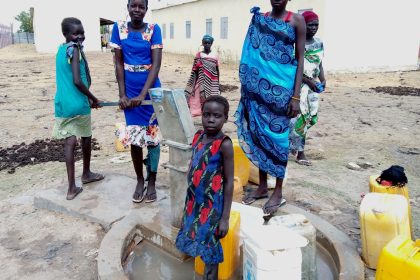 Unpacking results-based financing: balancing strengths with weaknesses
Unpacking results-based financing: balancing strengths with weaknesses
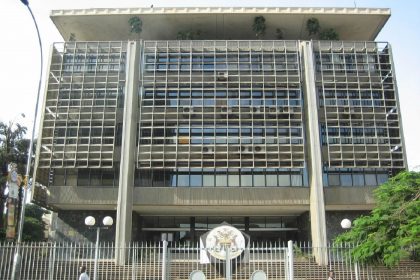 Mergers and degradations predicted as Uganda lenders move to comply with higher capital thresholds
Mergers and degradations predicted as Uganda lenders move to comply with higher capital thresholds
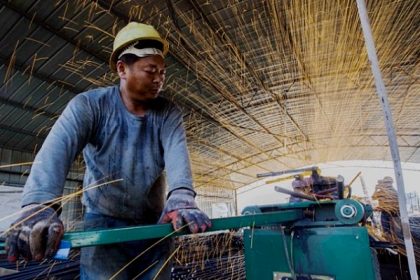 Regional tentative policy to govern cross-border labour gets approval
Regional tentative policy to govern cross-border labour gets approval
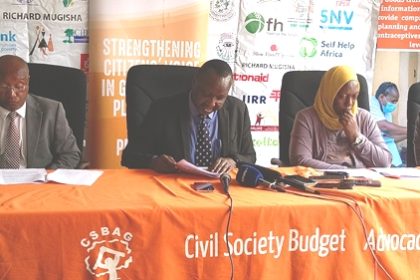 Uganda on edge of debt distress, needs 35 years to settle domestic arrears
Uganda on edge of debt distress, needs 35 years to settle domestic arrears
 Uganda raises purity standards for tin exports
Uganda raises purity standards for tin exports
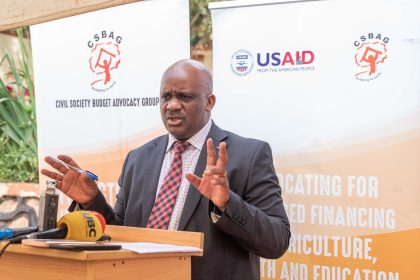 CSBAG warns fiscal indiscipline and runaway graft a threat to Uganda’s economic recovery
CSBAG warns fiscal indiscipline and runaway graft a threat to Uganda’s economic recovery
